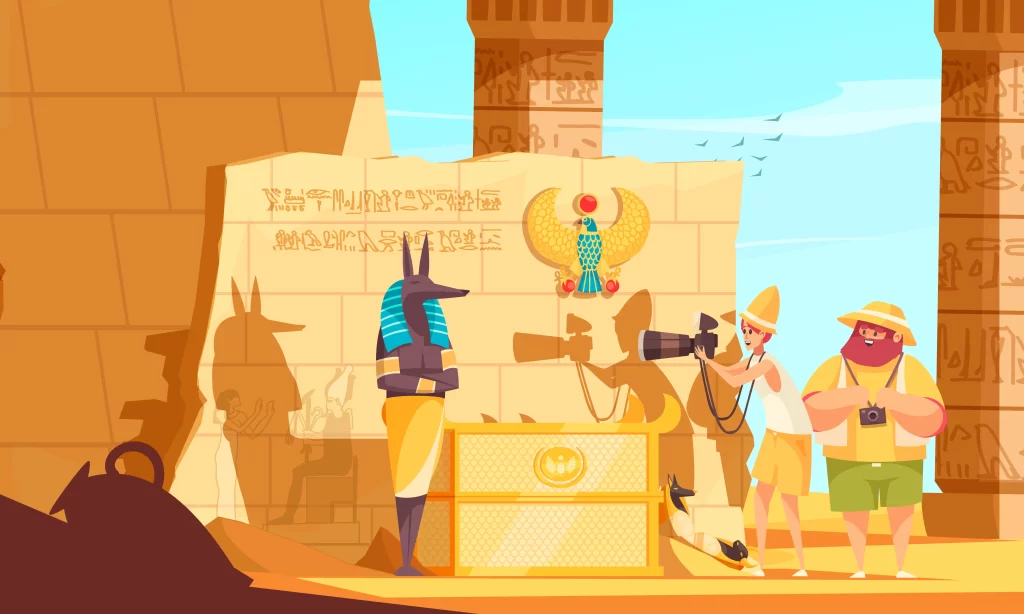What is the power of social media, do you people know, maybe you do not know, in this article I am going to tell you about the power of social media.
The Arab Spring of 2010-2011 saw a wave of protests and revolutions across the Arab world, with many people taking to the streets to demand greater political freedoms and economic opportunities. One country that saw a particularly significant shift was Egypt, where the government had long silenced its people through censorship, oppression, and fear.
trending: ArabianDate: Connecting You with Arabian Singles Worldwide
Background
Under the regime of former President Hosni Mubarak, Egypt had a tightly controlled media landscape, with news outlets strictly monitored and opposition voices silenced.
Any form of dissent was harshly punished, and political opponents were often arrested or disappeared. As a result, many Egyptians lived in fear of speaking out against the government.

The Arab Spring part by social media platforms
In late 2010, the Arab Spring began to spread across the Middle East, fueled in part by social media platforms like Twitter and Facebook.
In January 2011, Egyptians took to the streets in massive protests, demanding an end to the Mubarak regime and greater political freedoms. The government responded with violence, but the protests continued to grow. Informative : booking hotel near Haram In Saudi Arabia
The Fall of the Government
In February 2011, after 18 days of protests and violent clashes, Mubarak resigned, and the military took control of the country. The new government promised to hold democratic elections and to respect the rights of its citizens, but many were skeptical given the country’s long history of oppression.
The Role of Social Media
One of the key factors in the success of the revolution was the role of social media. Sites like Facebook and Twitter allowed Egyptians to organize protests, share information, and build solidarity with one another. This helped to break through the government’s stranglehold on the media and allowed ordinary people to have their voices heard.
The Aftermath
Since the fall of the Mubarak regime, Egypt has undergone significant political upheaval. The country has held a series of democratic elections, and its government has been marked by instability and controversy. In 2013, the military once again took control of the government, leading to protests and a crackdown on civil liberties.
Conclusion The fall of Egypt’s government in 2011 was a momentous event in the history of the Arab world, marking a turning point in the fight for greater political freedoms and human rights. While the country still faces many challenges, the Arab Spring demonstrated the power of people coming together to demand change and has left a lasting impact on the region.

